[ad_1]
Compost is the greatest modification to your backyard! It’s alive, wealthy in vitamins, and provides construction to current backyard beds. Dwell compost accommodates worms, fungi, micro organism, and bugs that eat massive particles, turning them into smaller ones to your vegetation’ roots.
This modification decomposes rapidly when it’s stuffed with residing creatures. Turning compost, including grass clippings, and utilizing small items assist velocity up decomposition by feeding them. They eat and reproduce, rapidly consuming uncooked materials and turning it into wealthy, crumbly humus.
Fast compost wants a number of labor and might be troublesome to take care of. Chilly compost is an efficient choice for gardeners with much less time for turning, because it nonetheless decomposes rotting scraps into worthwhile dust over a protracted interval. This technique requires much less work than sizzling piles and is a useful choice for extra waste.
Let’s discover the totally different sorts of compost and the way lengthy they take to morph into soil.
The Brief Reply
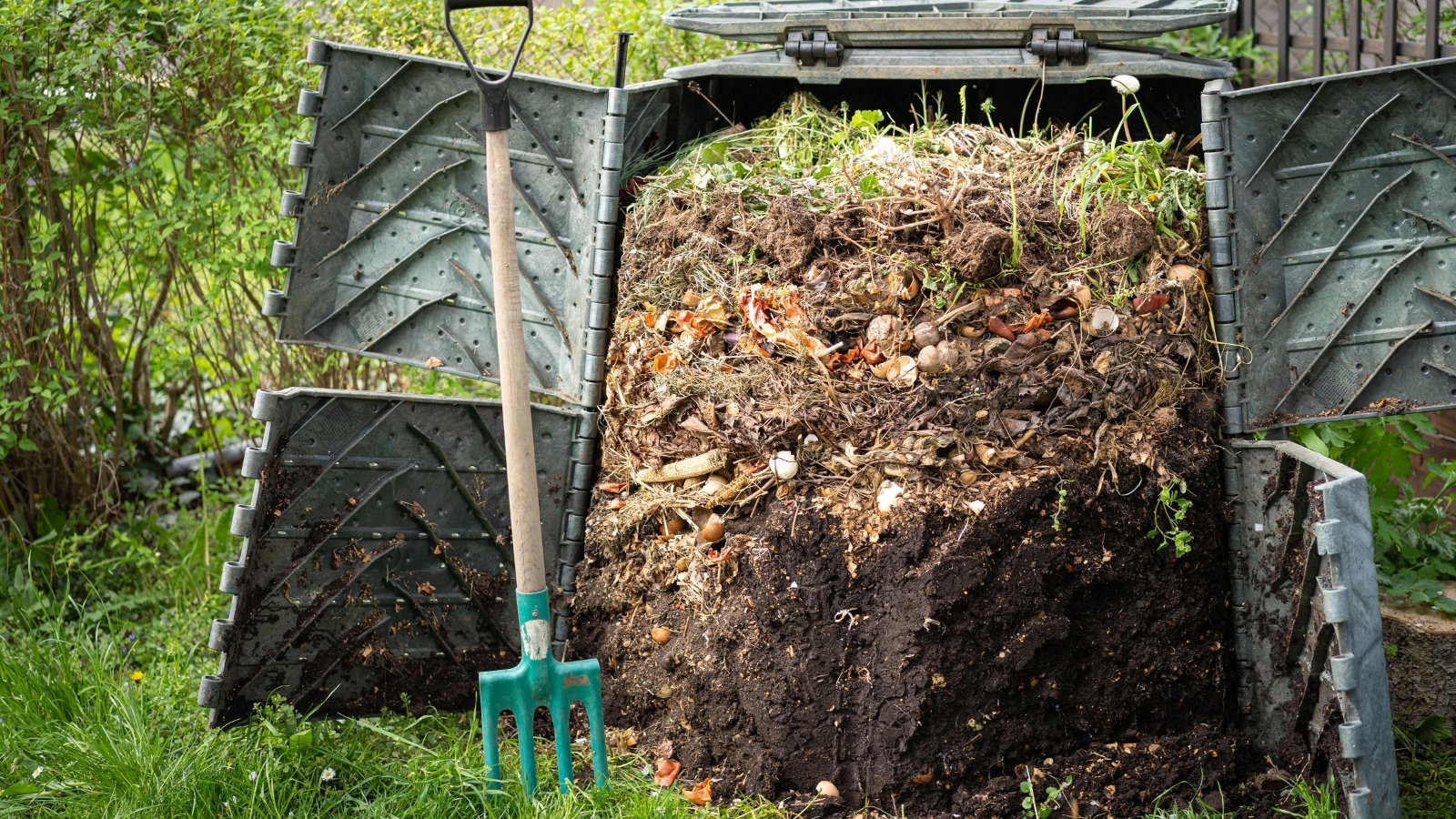

Something decomposes with time, however composting hastens the pure course of. You possibly can have prepared soil in as little as 18 days. How lengthy earlier than mulch decomposes relies on temperature, oxygen, moisture, and microbe exercise. Manipulate these elements to both velocity up or decelerate how briskly the uncooked supplies flip into prepared soil.
Chilly compost takes six to 12 months to show into usable soil. Though it takes longer than sizzling piles, it’s simpler to do and works effectively in many various backyard circumstances.
The Lengthy Reply
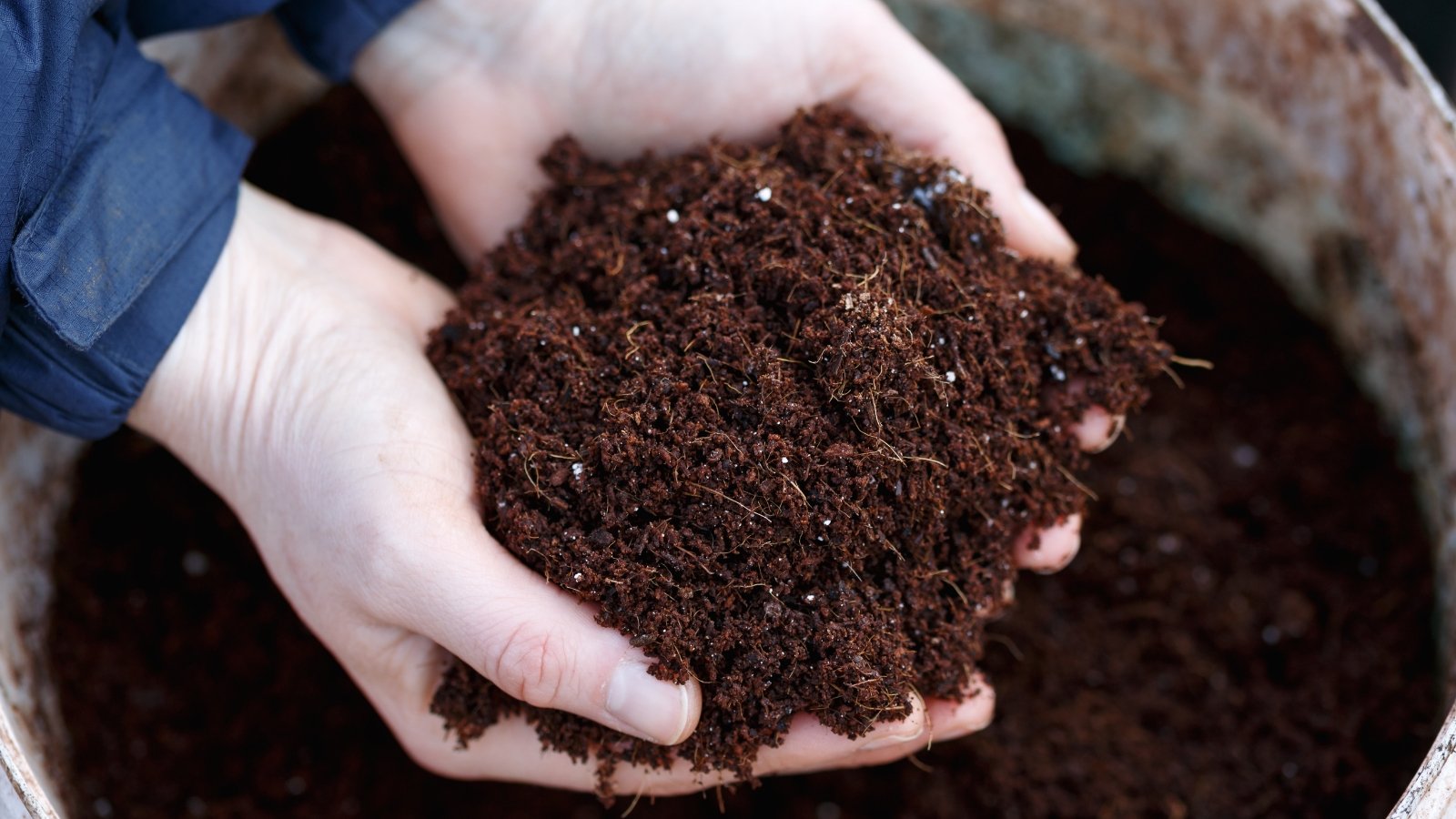

There are a couple of methods to hurry up this pure, organic course of. You possibly can manipulate your pile to facilitate faster outcomes.
Small Chunks Are Greatest
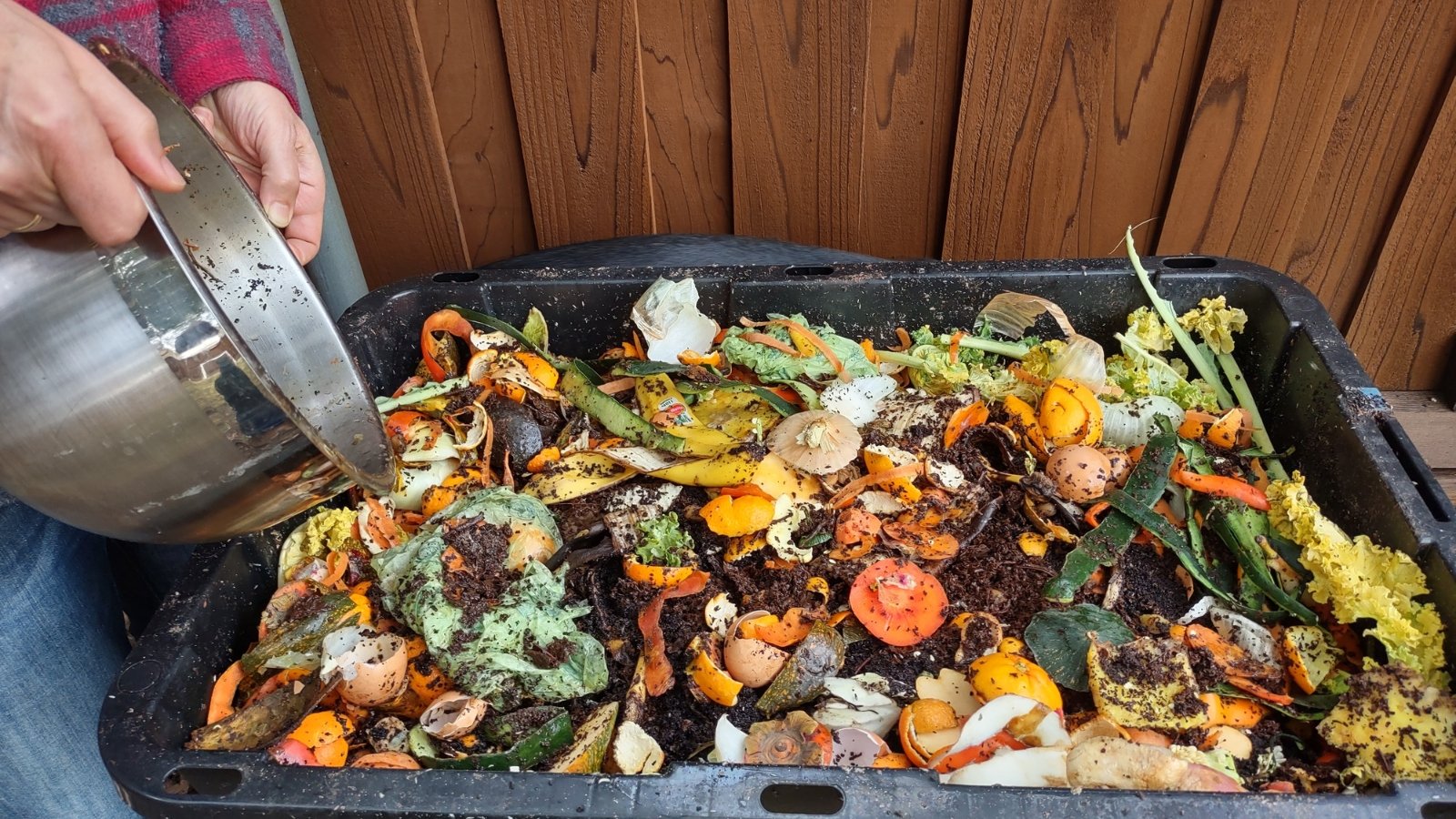

Massive particles like tree branches, clumps of moist scraps, and thick leaves decelerate the composting course of. Their giant nature prevents microbes and critters from breaking them down into tiny particles. While you tear these things up, you make it simpler for compost organisms to eat them.
I take advantage of my palms to tear backyard scraps into smaller items. This works effectively for weak vegetation, however you might want a powerful instrument for different gadgets. Use loppers or a noticed to interrupt up giant tree branches into wood-chip-sized items. You’ll want a broad fork for turning the pile—it doubles as a mulch stabber for separating kitchen scraps.
Some gadgets decelerate decomposition and make turning piles inconceivable! These embody the next:
- Massive items of meat
- Lengthy vines
- Dairy merchandise
- Dwell vegetation that unfold by way of rhizomes
Hold this stuff out of your piles, and use small chunks—the smaller, the higher!
Scorching Compost Is Fast


When in a rush, strive a sizzling composting pile. This technique provides you usable soil in a couple of weeks, with common turning and watering. Feed your pile as you’d feed a plant; grant it water, air, and vitamin.
Use the fast composting technique to activate soil organisms right into a frenzy. You’ll want a pile that’s 3x3x3’ in dimension, with an equal ratio of greens to browns. Greens add nitrogen; assume issues like kitchen waste, yard waste, and farm animal manure. Browns, like straw, newspapers, and lifeless leaves add carbon and construction.
Flip sizzling piles every day for completed compost in two weeks. Stab them with a broad fork and rotate the supplies. Flip them each different day, and they’ll be prepared in about three weeks. They need to steam with sizzling moisture as you flip them. Preserve a moisture stage of fifty% your entire time—you’ll need the piles to resemble wrung-out sponges which can be moist however not soggy.
Chilly Compost Takes A Lengthy Time


A lazy technique I really like to make use of is chilly decompsition. These piles decompose mulch over many weeks with much less work from the gardener. You possibly can count on prepared soil round six to 12 months after making a recent pile. As its title suggests, this technique lacks the new steam that sizzling compost makes use of to interrupt up uncooked supplies quickly.
To make chilly piles, assemble ones the identical dimension as sizzling ones. You might use an equal ratio of browns to greens, though it’s going to require further turning. Use a ratio of two:1 or 4:1 browns to greens for chilly piles with little disruption. Water them so that they’re moist however not soggy, then allow them to be. You’ll solely want to show them over as soon as a month, however you are able to do it as usually as you’d like. The extra usually you flip, the faster your chilly piles produce usable merchandise.
Bins assist preserve compost tidy and facilitate faster decomposition by including top and depth to your piles. Use hen wire wrapped round picket planks to make a easy bin. One other DIY choice is with chemical-free wooden pallets. Stack them on their sides to kind three partitions, then drill or tie them collectively. Place your mulch within the middle, turning it as wanted.
Velocity It Up With Amendments
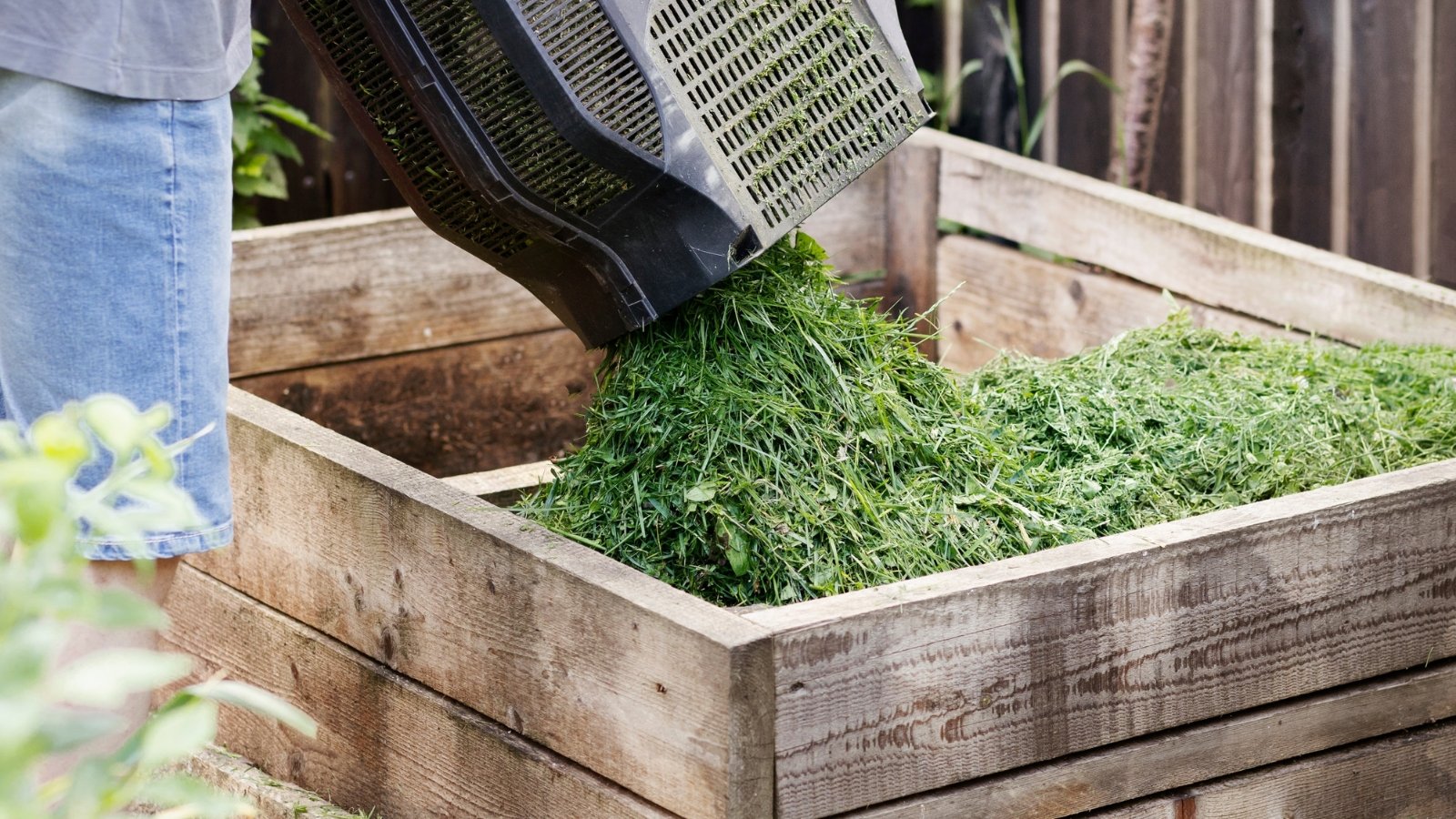

Some amendments enhance breakdown speeds by feeding microbes, fungi, and bugs the vitamins they crave. These additions are protein-rich and assist facilitate faster decomposition.
In case your piles have items that don’t appear to be decomposing, take into account including one among these finely shredded natural amendments to velocity it up:
- Grass clippings
- Soy meal
- Oatmeal
- Alfalfa pellets
After you add a superb quantity of those inputs, keep away from including new supplies for a couple of days. Feed your piles oxygen by turning them continuously, and water them after they dry out. You’ll have humus-rich soil in a couple of days or even weeks after including these amendments.
For those who lack endurance like me and desire a usable modification in much less time, you’ll be able to use the components of the piles which have already decomposed. Transfer a pile over, and beneath shall be black, crumbly humus prepared to be used. After a couple of days, transfer it over once more, and there shall be extra humus-rich dust on the underside for the taking.
Seasons Have an effect on Decomposition Charges


Chilly winters trigger most animals to hibernate, sleep, or die. Microorganisms aren’t any totally different, they usually decelerate as ambient temperatures drop throughout fall and winter. For those who make a recent pile within the fall, it gained’t be prepared till the subsequent spring by way of summer season.
Begin sizzling compost throughout early spring and also you’ll have humus-rich soil to your backyard in a couple of weeks! Heat temperatures awaken sleepy worms, micro organism, and fungi into motion. They voraciously feed on uncooked mulch as you give it to them.
Summer season piles additionally work effectively, as long as they’ve a couple of weeks earlier than fall moist and chilly arrive. Be certain that to maintain them moist, particularly when drought is a matter.
What If It’s Not Working?
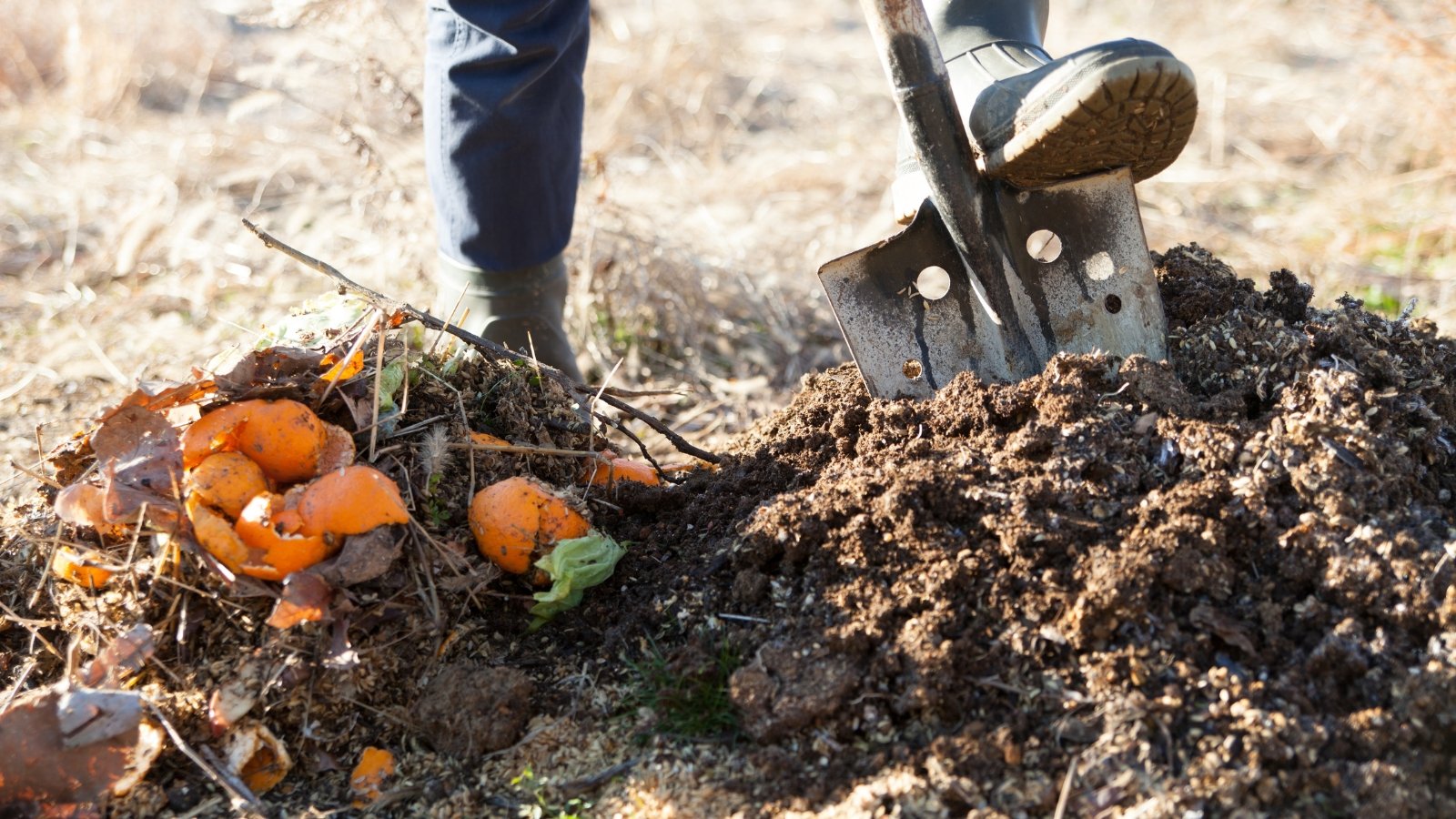

Compost piles might not work as quick as you’d like them to generally. It often stems from a ratio imbalance of greens to browns and is definitely fixable. There are two frequent points, reluctance and smelliness.
In case your heap is reluctant to decompose, it wants extra inexperienced materials. Add small chunks of kitchen scraps, grass clippings, or alfalfa pellets to it, and switch effectively. Then, water it so the organisms have moisture to drink. Usually, too little water is why compost takes so lengthy to show into soil.
In case your decomposition heap is smelly, it wants extra brown supplies. Add fallen leaves, shredded wooden or paper, and straw. Flip it usually after including them, then water if it appears dry. The answer for many points is to repair the ratio, water much less or extra, and switch your compost usually.
[ad_2]
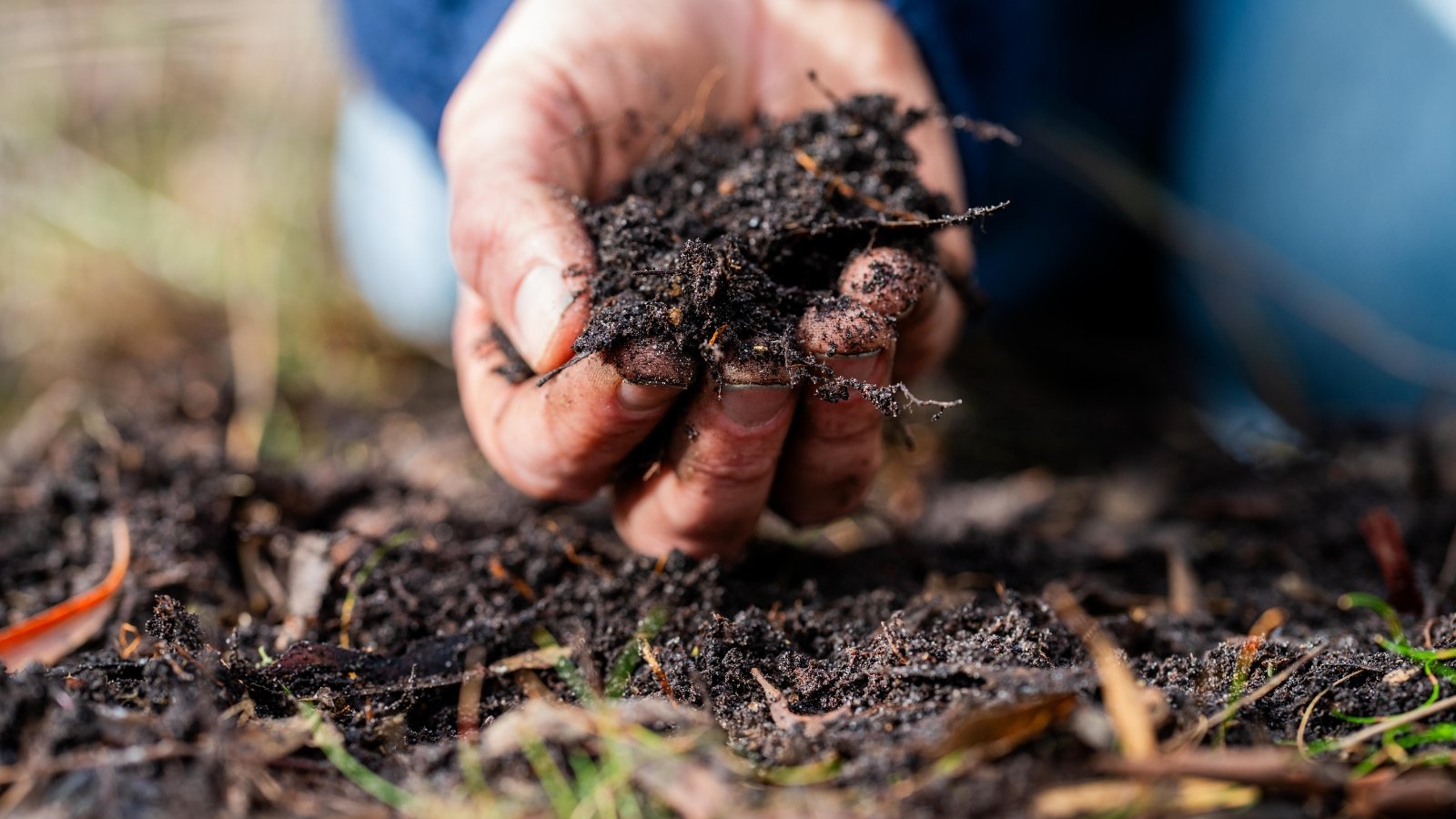
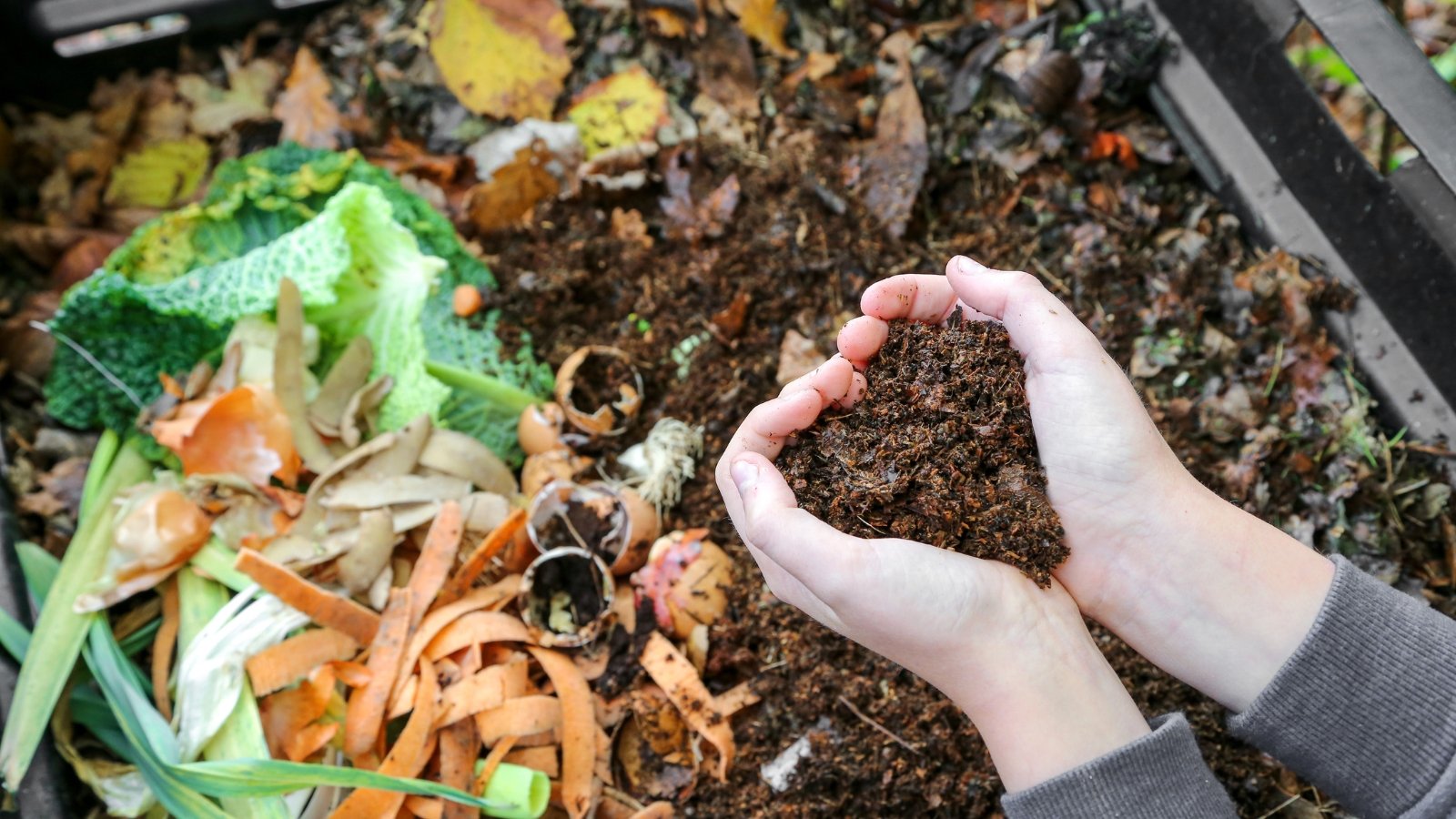
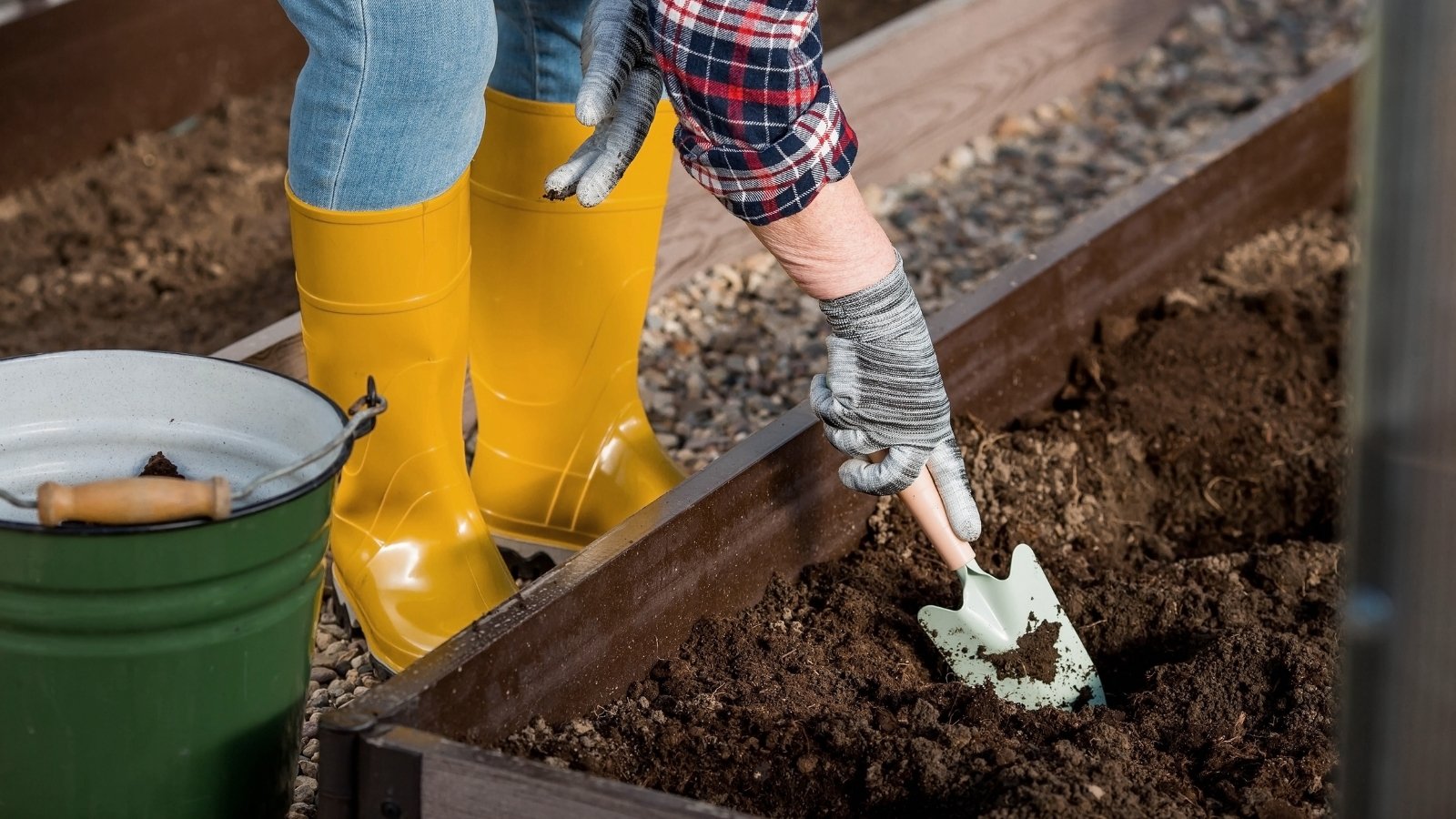

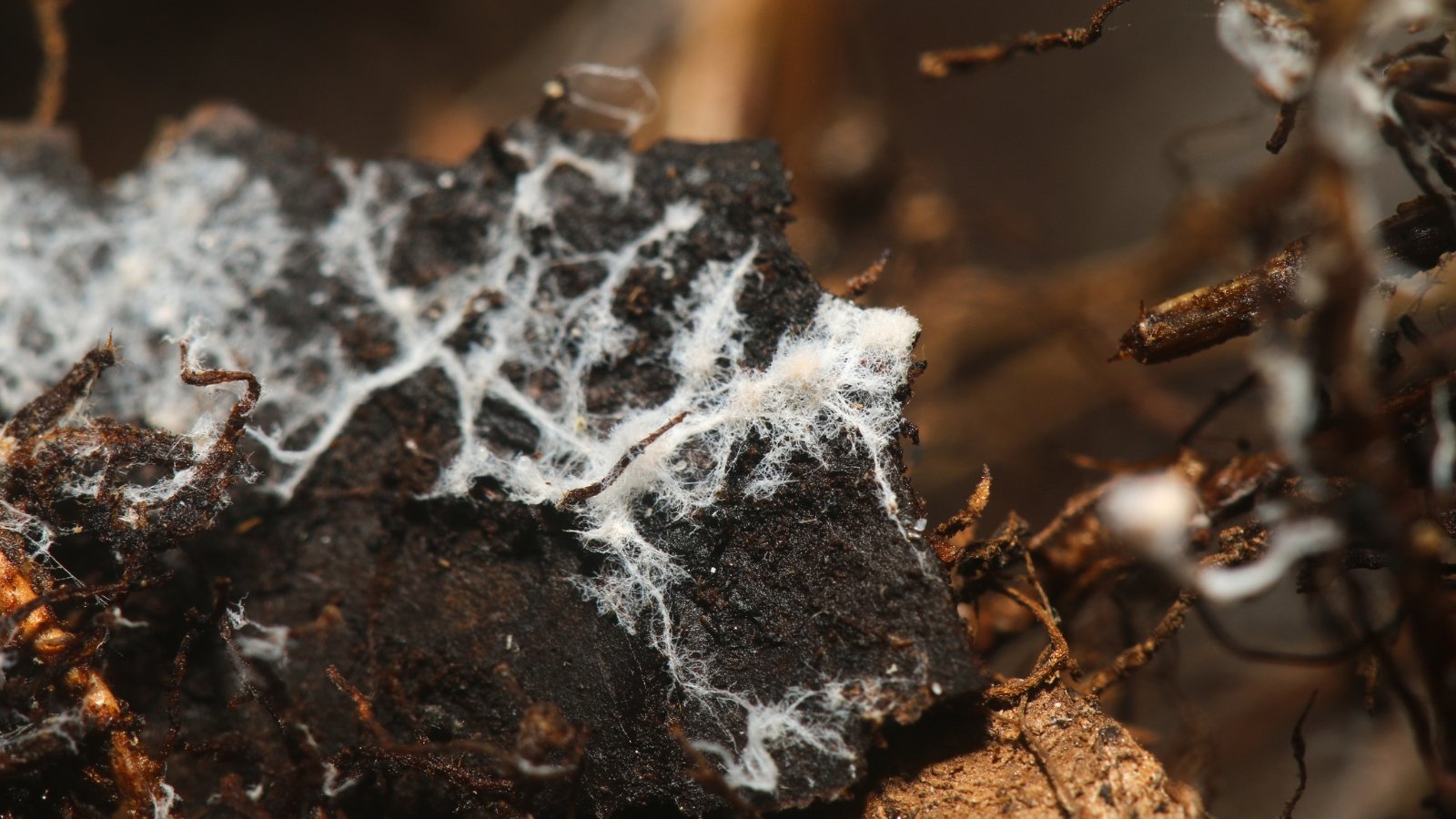
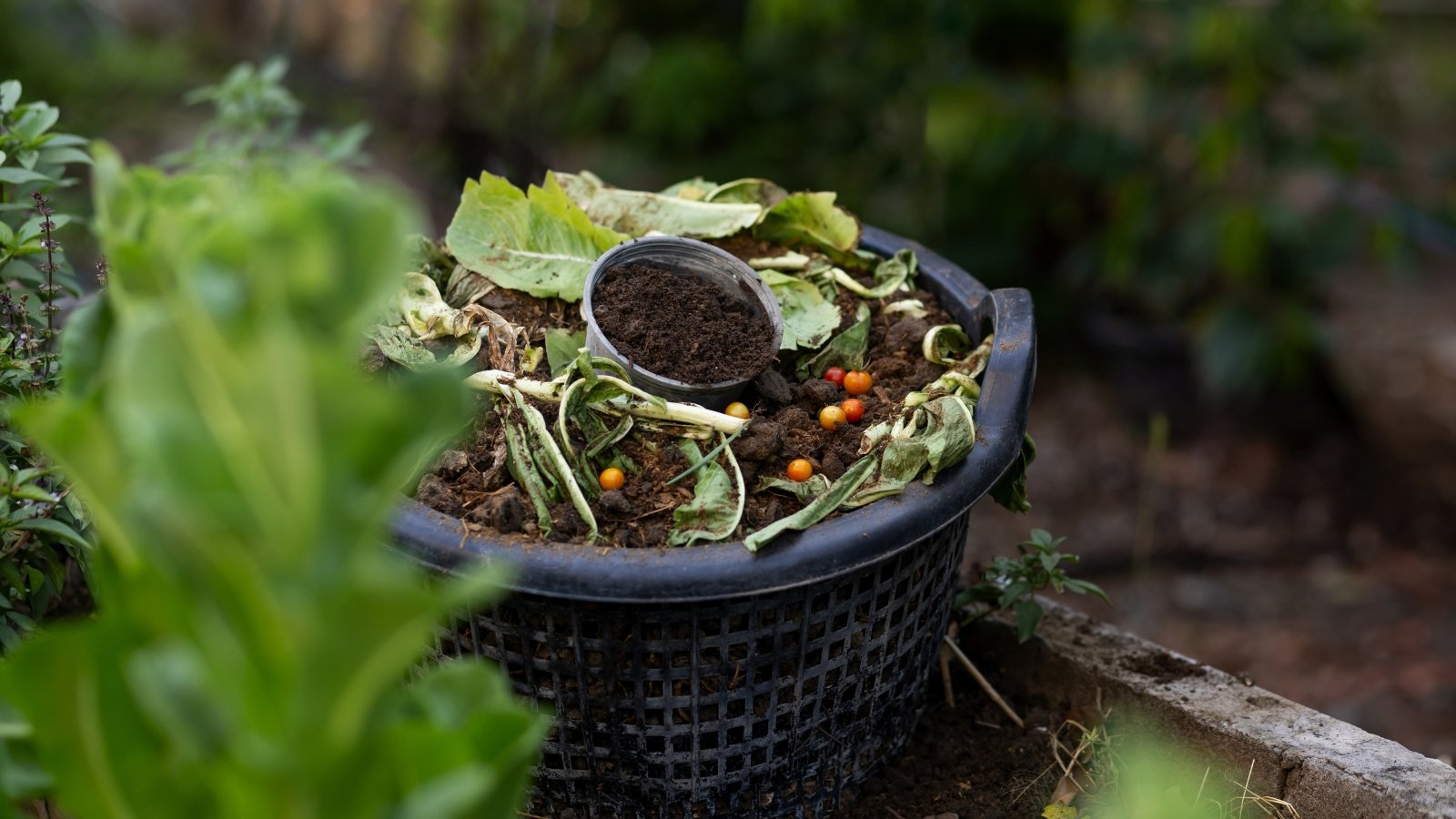
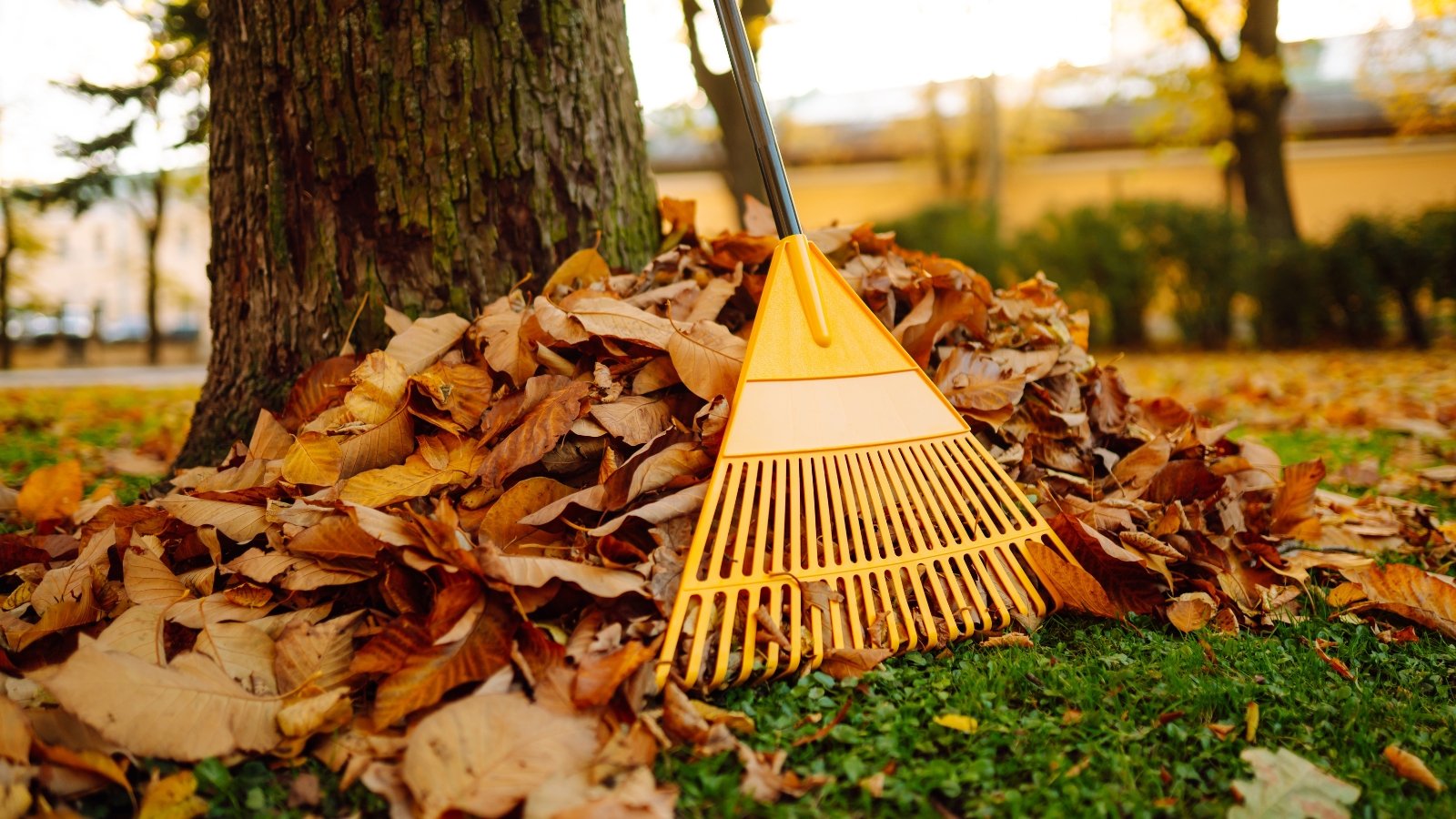

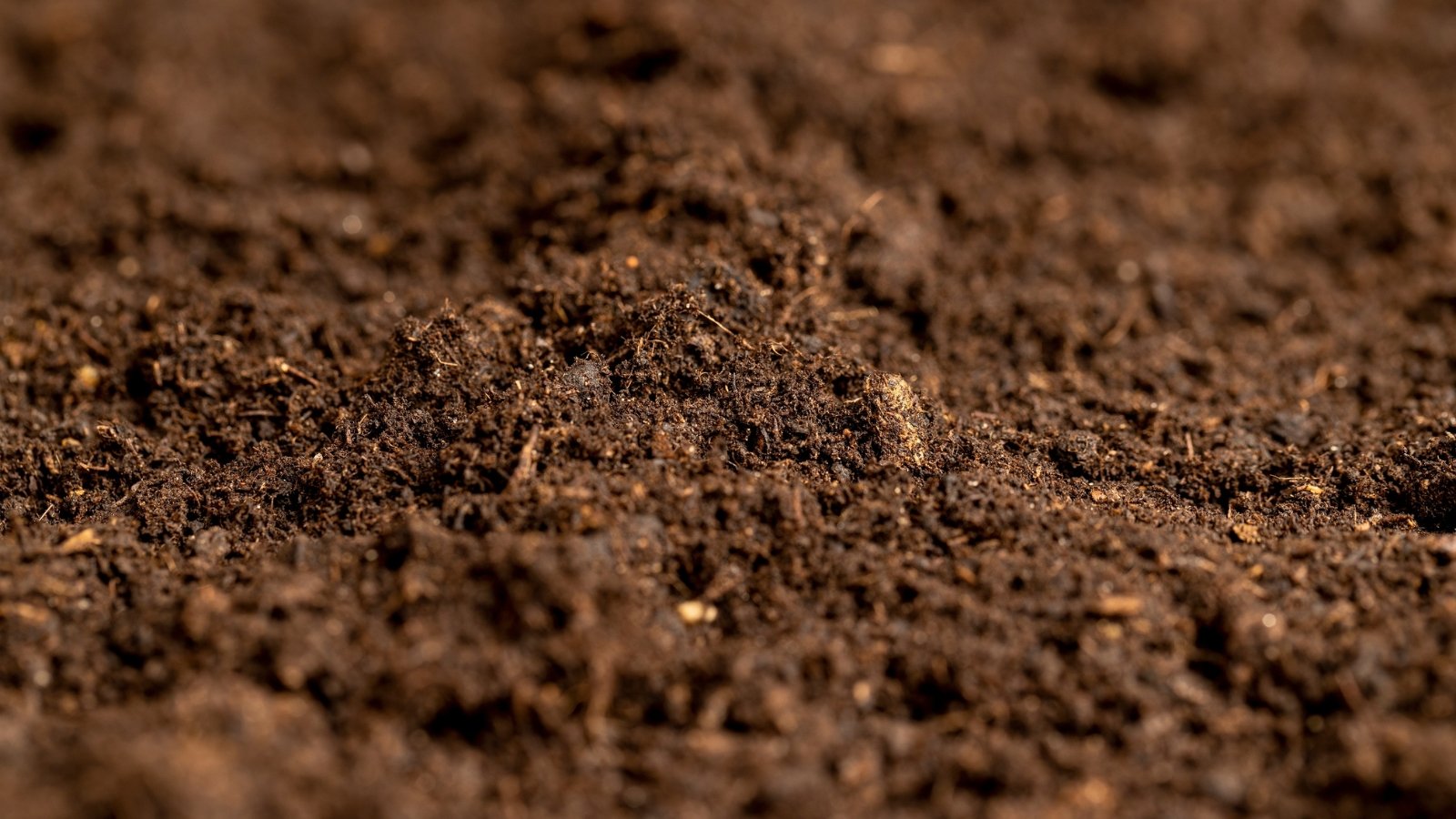

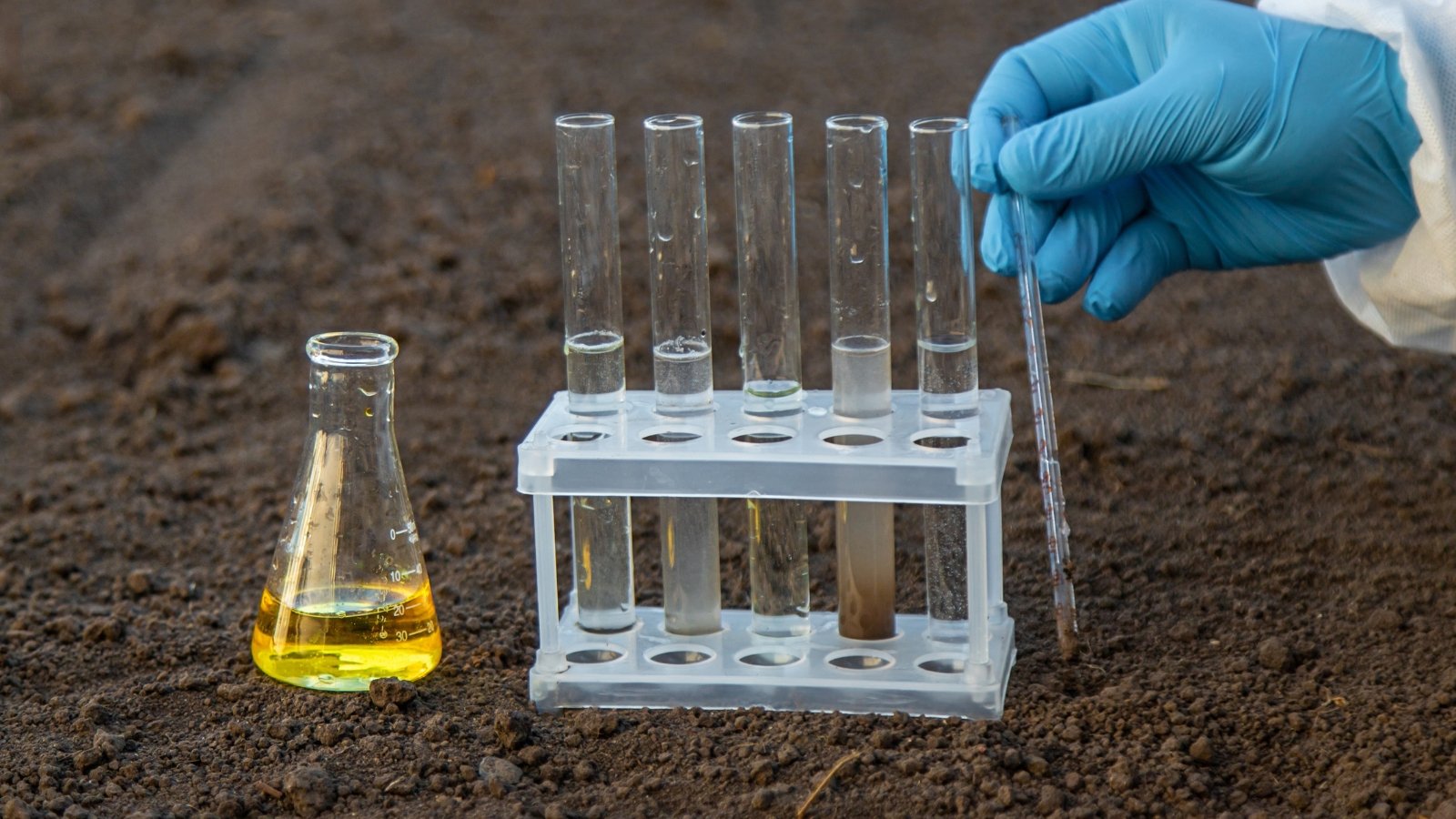
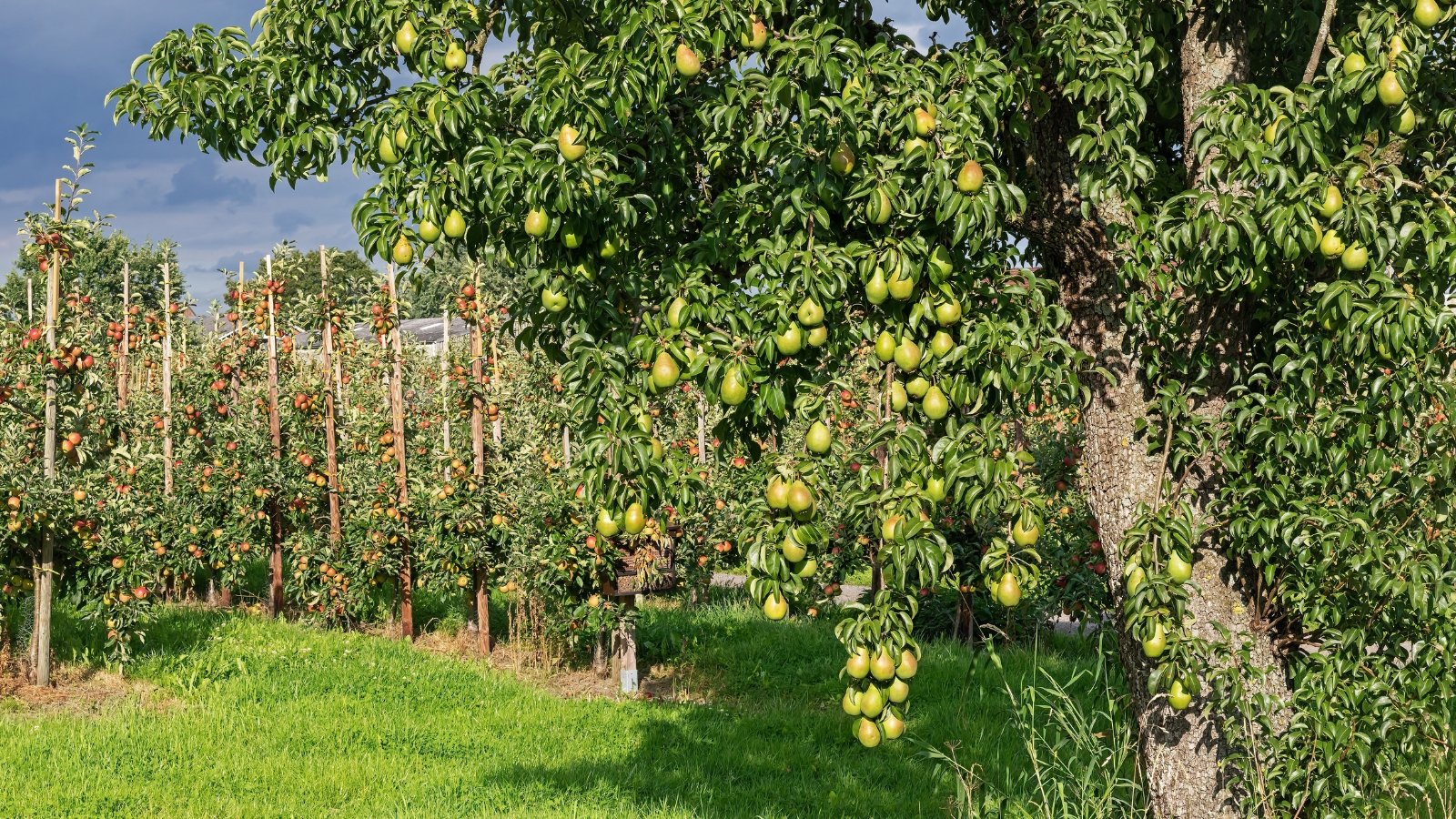
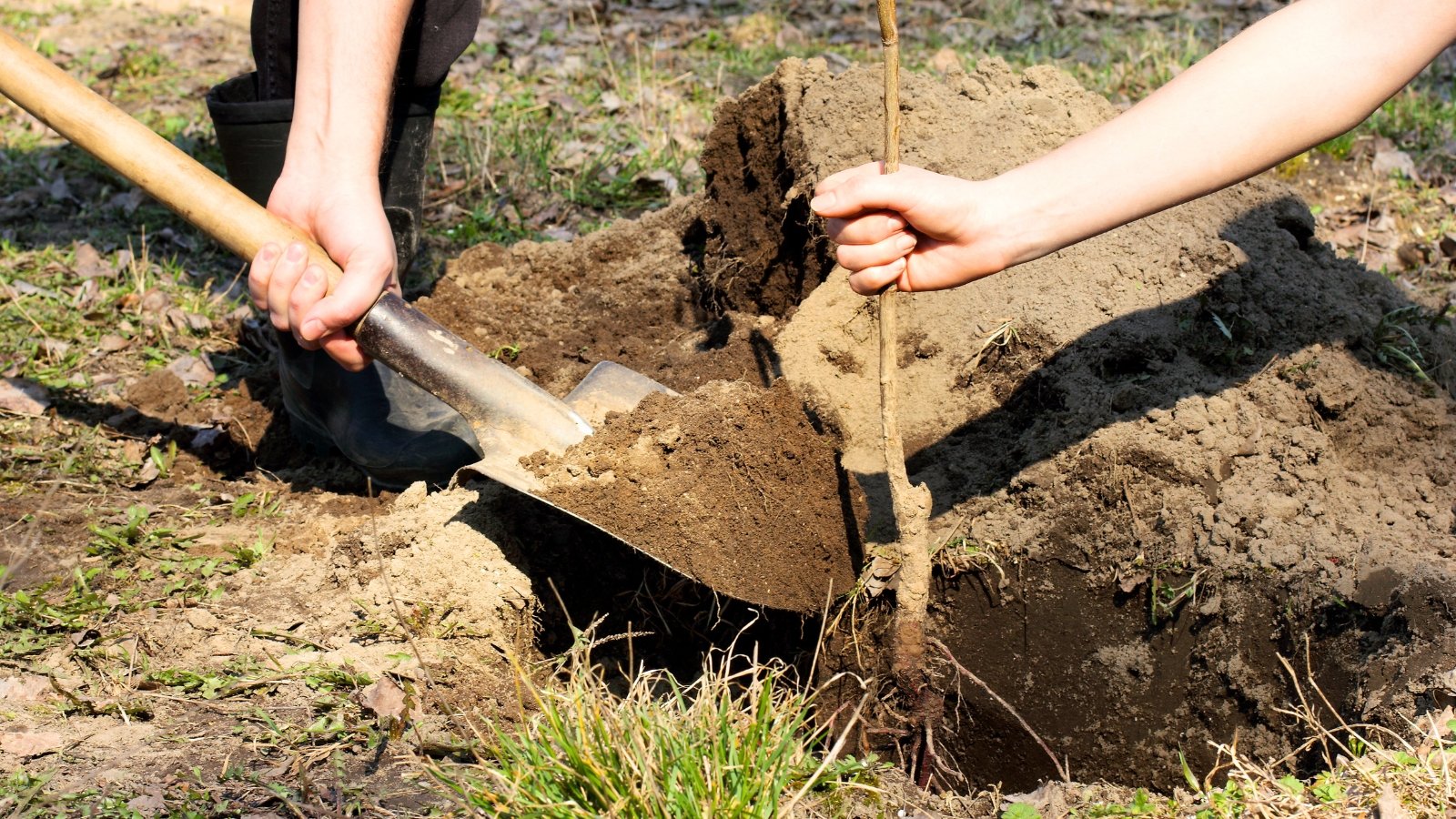
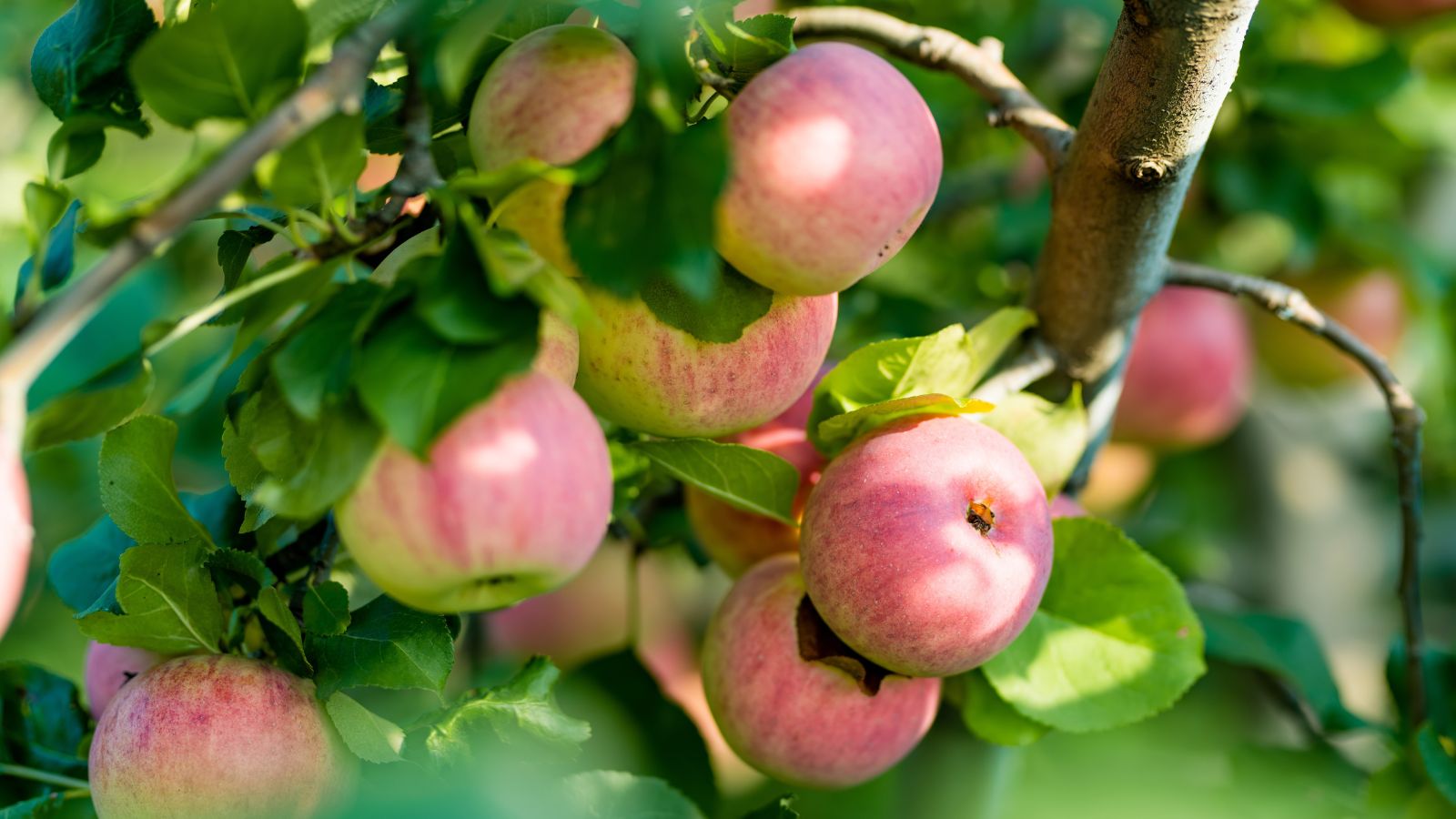
EcoWarrior99
I appreciate the emphasis on using small pieces to speed up decomposition. The mention of specific amendments like grass clippings and alfalfa pellets adds depth to the discussion, making it easier for readers to enhance their compost piles effectively.